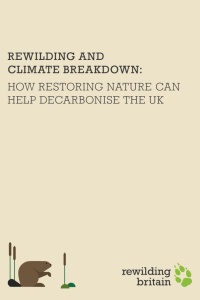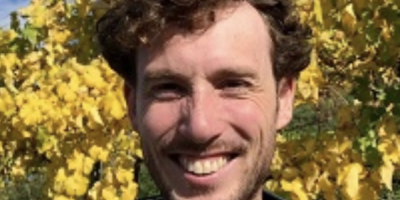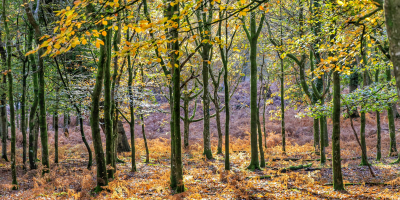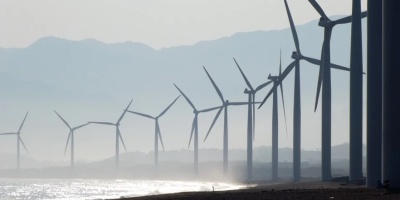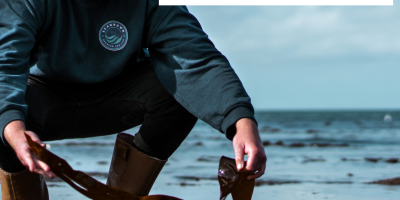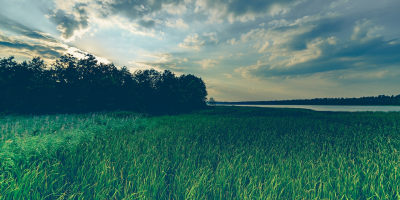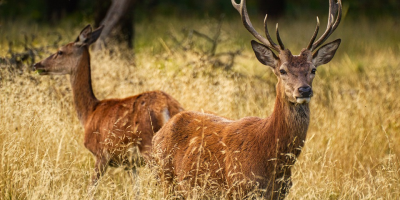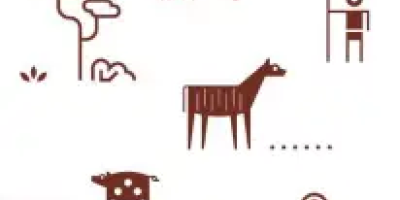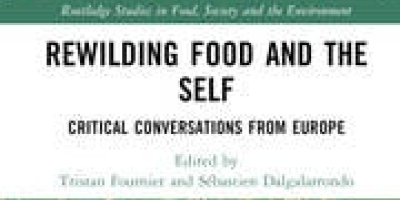Rewilding is a broad concept that emerged in the 1990s in the field of conservation biology and which has evolved in recent years to encompass a range of visions on nature and the management of ecosystems. Rewilding revolves around the understanding that ‘nature’ has become marginalised throughout human history. The ambition of rewilding is to turn the tide: it aims to give land back to nature and change the management of ecosystems for them to become more resilient and autonomous. In doing so, rewilding aims to kickstart the restoration of global biodiversity and strengthen ecosystem functions such as flood protection and carbon sequestration. An important underlying objective for many rewilders is to create a ‘wilder’ Earth where humans will be able to experience nature more frequently and in new, more diverse ways. Common rewilding strategies include trophic rewilding (the restoration of complex trophic interactions between species kickstarted by the reintroduction of keystone species such as large carnivores or large herbivores) and passive rewilding (the spontaneous rewilding of ecosystems when land is left to its own devices). Rewilding is a contested term. Debate centers on the implications of rewilding for food production and for rural and indigenous communities. An important topic of discussion concerns the extent to which rewilding is compatible with farming and whether its large-scale adoption would require a substantial downscaling of agricultural land use. Further topics of debate include the goal of some rewilders to restore landscapes to a pre-human baseline (see Pleistocene and Holocene rewilding) and various proposals to reintroduce large carnivores (e.g. wolves and tigers) in places where these went extinct. While rewilders today do not always see their own approaches reflected in these discussions, critics of rewilding are in favour of alternative visions that seek to restore nature and biodiversity through approaches that they see to be more clearly based on the principle of social justice.

